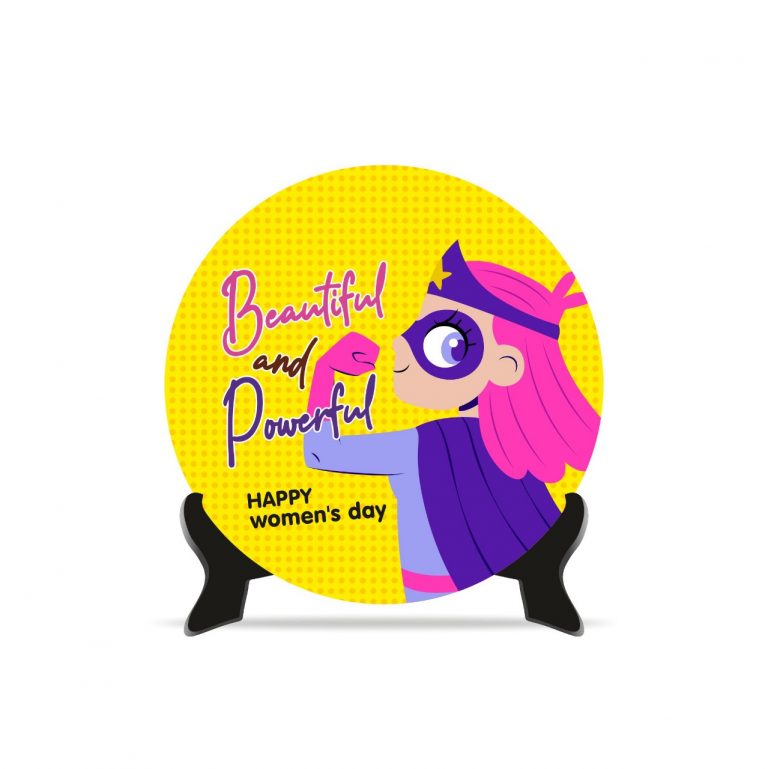For decades, HR has been viewed as the department of policies, payroll, and processes. They were the managers ensuring compliance, enforcing rules, and keeping the organizational machinery running smoothly. But the post-pandemic workplace has rewritten expectations. Today, HR is being called to play a new role: not just as managers, but as mentors, coaches, and cultural architects who shape the way people feel, grow, and thrive at work.
From Rules to Relationships
The old model of HR was transactional. It revolved around procedures – recruitment, onboarding, appraisals, and exits. Necessary, yes, but not sufficient. Employees today are not looking for an HR that “manages” them; they are looking for HR professionals who understand them. The shift from manager to mentor is rooted in relationships – listening, guiding, and enabling people to bring their best selves to work.
A mentor doesn’t just enforce rules; they model behaviour. They ask questions like: How are you managing stress? What support do you need to grow? How can we help you align your personal goals with organizational ones? This empathetic approach transforms HR from an enforcer of culture to a creator of it.
The HR Mentor as a Culture Shaper
In my work with organizations, I’ve seen how HR plays an invisible yet powerful role in shaping culture. A policy can dictate working hours, but only a mentor can foster psychological safety. A rule can mandate appraisals, but only a mentor can help employees see feedback as fuel for growth rather than criticism.
Post-pandemic, culture is no longer a buzzword; it’s a survival strategy. Employees want workplaces that respect mental health, promote work-life harmony, and nurture growth. HR professionals who act as mentors step into this gap, helping organizations evolve from being productivity-driven to being people-driven.
Why Mentorship Matters More Than Ever
The corporate landscape is changing rapidly – hybrid work, digital disruption, and rising burnout are the new realities. In such an environment, mentorship provides what systems cannot: emotional connection and resilience.
For Employees: Having a mentor in HR means knowing there is someone who will listen without judgment, guide without bias, and encourage without condition.
For Organizations: Mentorship reduces attrition, builds trust, and unlocks discretionary effort. Employees stay longer, innovate more, and align better when they feel supported.
Related Posts
In short, mentorship isn’t just “nice to have.” It’s a business imperative.
Mindful Leadership and Communication: The Mentor’s Tools
The difference between a manager and a mentor often comes down to how they communicate. Mindful Leadership and Mindful Communication – two pillars of my coaching work – are essential here.
Mindful Leadership equips HR professionals to be present, empathetic, and intentional in their decisions. It means pausing before reacting, listening deeply, and modelling emotional intelligence.
Mindful Communication ensures that conversations are not just about delivering messages, but about creating understanding. A mentor communicates with curiosity, clarity, and compassion – skills that turn routine interactions into moments of growth.
When HR adopts these tools, they stop being “managers of people” and become “multipliers of potential.”
Practical Pathways for HR to Become Mentors
This transformation doesn’t require a complete overhaul – it starts with small, deliberate shifts:
- Listen Beyond the Policy: Move past “What do the rules say?” to “What does this person need?”
- Personalize Growth: Encourage employees to identify career aspirations and create pathways that align with both individual and organizational goals.
- Be Accessible: Create safe channels for employees to voice concerns without fear of
- Model Well-being: Show, not just tell, that balance and self-care are
- Ask Powerful Questions: Instead of giving answers, guide employees to discover their own solutions.
The Future of HR: People Champions
The HR of tomorrow will not be remembered for the handbooks they wrote, but for the lives they touched. As organizations become more complex and employee expectations evolve, HR’s ability to act as mentors will be the differentiator between workplaces that merely survive and those that truly thrive.
From managers to mentors, HR is stepping into its most important role yet, that of a people champion. In doing so, they don’t just shape careers; they shape cultures. And in the long run, culture is what defines whether an organization flourishes or fades.











